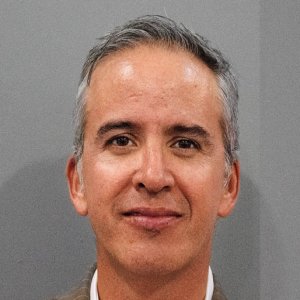Incorporating Canada into Mexico's Supply Chain

STORY INLINE POST
Q: What more can Mexico to do to attract Canadian companies to invest in mining?
A: Collaboration agreements between Mexican states and Canada are an effective tool to promote trade between the countries. Recently, Guerrero in Mexico and SAMSSA, an association based in the city of Sudbury in Canada, signed one such agreement. Sudbury is home to one of Canada’s key mining clusters and is well-known for underground mining. As a result, companies in the cluster have developed a global-leading expertise in this field and currently suppliers within the Sudbury cluster are looking to grow their businesses by pursuing international opportunities. For states in Mexico that are rich in mineral reserves, these agreements are useful because they allow the states a platform where they can share the challenges they are facing and leverage Canadian expertise to develop reserves in a sustainable way. Any country that has a predictable rule of law with clear and consistent regulatory framework is extremely attractive for Canadian mining companies. They see transparency as a valuable asset
EDC does not play a role in the creation of inter-cluster agreements but we do support Canadian suppliers that want to pursue opportunities in Mexico. We leverage these agreements as tools to help mining companies find markets of interest within the country.
Q: What can the Canadian supply chain offer to Mexican mining companies?
A: Our main value proposition is related to modernizing the mining industry. We help mining operations in Mexico become more technically up to date, safer and cleaner.
Canada can assist the Mexican mining sector with the Internet of Things (IoT), applied to a mining operation. Through sensors and Internet connectivity, conveyor belts, grinders, crushers and other automation systems can be monitored to ensure proper functioning of the equipment. This results in higher levels of safety, efficiency and optimization of resources. Canada’s leading position in the ICT Sector along with its strength and expertise in natural resources has positioned it on the cutting edge of technology-driven practices of exploration, development and operations of metals, minerals and other resources.
Q: In what ways do you implement Canada's environmental standards in Mexico?
A: We have high standards in terms of social and environmental issues. We are aligned with the Canadian government and will not compromise its position regardless of the jurisdiction. For the financing of project, we require a project to meet the environmental and social performance criteria laid out in the International Finance Corporation (IFC) Performance Standards as per our commitment to our internal environmental and social policies and to the Equator Principles.
If a project does not meet our benchmark, we either investigate what actions the company is taking to rectify that situation or we can go as far as declining our support in that transaction. We are trying to do business in a lot of emerging markets in Latin America and Africa and many companies within these markets are working to improve their standards.
Q: What strategies do Canadian companies use to break into the Mexican market?
A: The easiest way to initially enter the Mexican market for Canadian companies is to target Canadian operators in the country, especially if there is an established relationship in Canada. In terms of Mexican-owned operations, they should initially target those that are inclined to incorporate the Canadian supply chain. For example, Fresnillo has a reputation for working with innovative Canadian companies and we know Canadian companies that have done business with Fresnillo in the past.






















